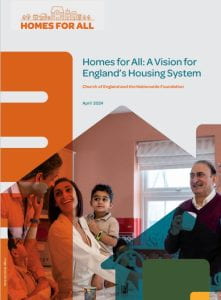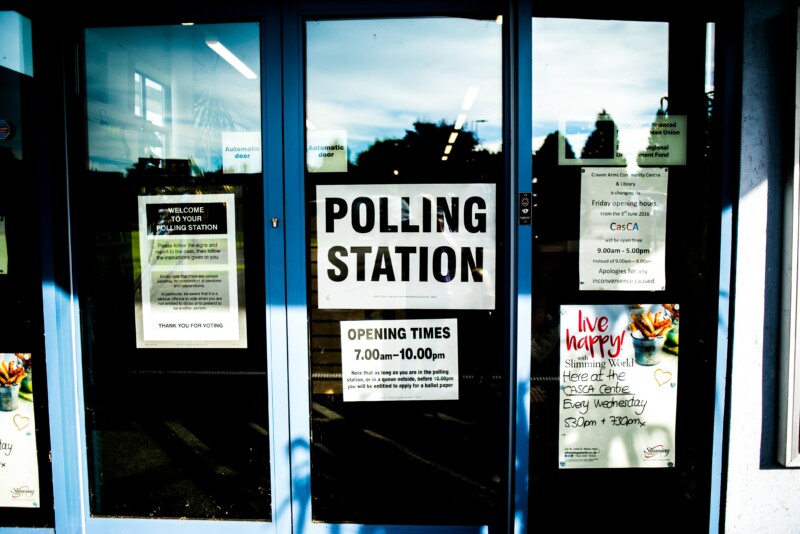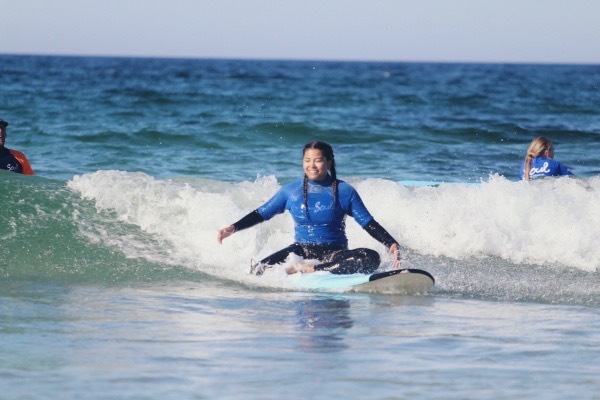 SPS Professor Alex Marsh explains why this new report makes a distinctive intervention in the housing policy debate. (more…)
SPS Professor Alex Marsh explains why this new report makes a distinctive intervention in the housing policy debate. (more…)
Category: Uncategorized
Independent living in private gardens – an idea to reduce the risk of youth homelessness
By Dr Jon Symonds and Dr Vicky Sharley
Some young people could avoid becoming homeless if they had the opportunity to reside in an independent living unit situated in their household garden. This was the finding of a recent study by members of the Children and Families Research Centre, working in partnership with the youth homelessness organisation 1625 Independent People. (more…)
Diversity and Representation. Does having a mayoral system make a difference?

Natasha Carver is a lecturer in International Criminology at the School for Policy Studies and a member of the specialist research institute Migration Mobilities Bristol. Carver wrote the 2012 report “The Right Man for Bristol?” Gender Representation and the Mayor of Bristol.
This article is part of Bristol Ideas’ Referendum 2022 debate which looks at all aspects of city governance as part of ongoing work on democracy and the forthcoming May 2022 referendum. (more…)
Collateral damage: the implications of border restrictions on practitioners working with refugee populations
Blog by Dr Vicky Canning, Senior Lecturer, School for Policy Studies
The acknowledgement that asylum systems across Europe are “hostile environments” for migrant groups has increased in academic and practitioner consciousness, particularly in the aftermath of the 2015 refugee reception crisis. However, although the impacts of socio-political hostilities on migrants are well documented, little has been written about the implications of border restrictions on practitioners working with refugee populations. Research led by Vicky Canning, Senior Lecturer in Criminology at the School for Policy Studies, expands the focus of hostilities to consider the variable impacts of intensified bordering practices on this group. (more…)
Blog from the winner of Policy & Politics 2021 postgraduate prize
Blog by Doug Cooley, winner of the Policy & Politics 2021 postgraduate prize to the student achieving the highest overall mark on the ‘Power, Politics and the Policy Process’ unit of the Masters in Public Policy at the School for Policy Studies.
Originally published on the Policy and Politics Blog.
 I’m Doug Cooley, and have just finished a one-year Masters in Public Policy at the University of Bristol, home to the Policy & Politics journal. I hope to use this MPP as a basis to conduct future academic or practical policy work. During the year, I have focussed my research on various theoretical concepts, including policy transfer, and power structures in the policy process, applying these concepts to neoliberal mechanisms in the Global Financial System, and to the UK’s local governance structures. I am delighted to have won the Policy & Politics prize for achieving the highest overall mark on the unit ‘Power, Politics and the Policy Process’ as part of the MPP programme.
I’m Doug Cooley, and have just finished a one-year Masters in Public Policy at the University of Bristol, home to the Policy & Politics journal. I hope to use this MPP as a basis to conduct future academic or practical policy work. During the year, I have focussed my research on various theoretical concepts, including policy transfer, and power structures in the policy process, applying these concepts to neoliberal mechanisms in the Global Financial System, and to the UK’s local governance structures. I am delighted to have won the Policy & Politics prize for achieving the highest overall mark on the unit ‘Power, Politics and the Policy Process’ as part of the MPP programme.
In this post, I highlight a piece of my work which explores the link between policy transfer, which I define as replication of policy instruments between polities, and institutional isomorphism, or the convergence of organisational structures and governance mechanisms. The relative lack of literature on the link is surprising, given how intuitively similar these ideas are, and the different normative connotations of the two concepts. Policy transfer emphasises the benefits of learning between polities, whereas institutional isomorphism is seen as a constraining influence on innovation. (more…)
Widen your horizons with a year abroad
Studying or working abroad is a fantastic opportunity to internationalise your degree, boost your personal development and gain a new perspective on your studies.
Each year, more than 700 Bristol students spend a semester or year abroad. Students often say that their placement abroad was a highlight of their degree.
Here, Hannah talks about her experience of studying at the Queensland University of Technology in Brisbane, Australia, as part of her BSc in Criminology.
It must have been daunting leaving your family and friends behind. How did you feel when you first arrived?
During the first week it felt like I was on holiday, if not slightly hectic. Whilst you’re trying to settle yourself in and complete necessary errands, like buying a phone SIM and opening a bank account, you are also trying to meet people and explore your new home before university commences. I personally didn’t struggle to meet people as I lived in a shared house with a large group of students from other universities. However, if you do feel lonely or like you are struggling to meet people, the university hosts welcome/mingling events during orientation week which a lot of students attend so this can also be a good way to meet people.
What was the course like?
I found the studying side of the year enjoyable. The workload was similar to what I have been used to at Bristol, but with more frequent assessments throughout the semester. I decided to take two open units and two units compatible with my course, which was really rewarding as it allowed me to explore new subjects/interests outside of my degree subject.
How did you spend your time outside of your studies?
In terms of socialising and travelling, there was so much to do in and around Brisbane and the city was always putting on events and entertainment. The university also has societies for international students which you can join to meet people or just enjoy the events they host; QUEST is particularly good for this. With regard to travelling, you will almost certainly do some travelling in your year abroad and I would 100% recommend this but definitely start saving as soon as you can to ensure you can fully experience each destination you choose without feeling too much of a financial strain.
What’s your advice to students taking a year abroad?
I think a great way to approach the year is to be open and friendly to everyone. You will meet so many people throughout the year so keeping an open mind to experiences and people will be hugely beneficial to you. I also think it is important to remember that you are in the same boat as lots of other students and you are all probably feeling the same way, so don’t worry if you are feeling a bit daunted at first as you will soon find your feet.
Find out more about Study Abroad here.



